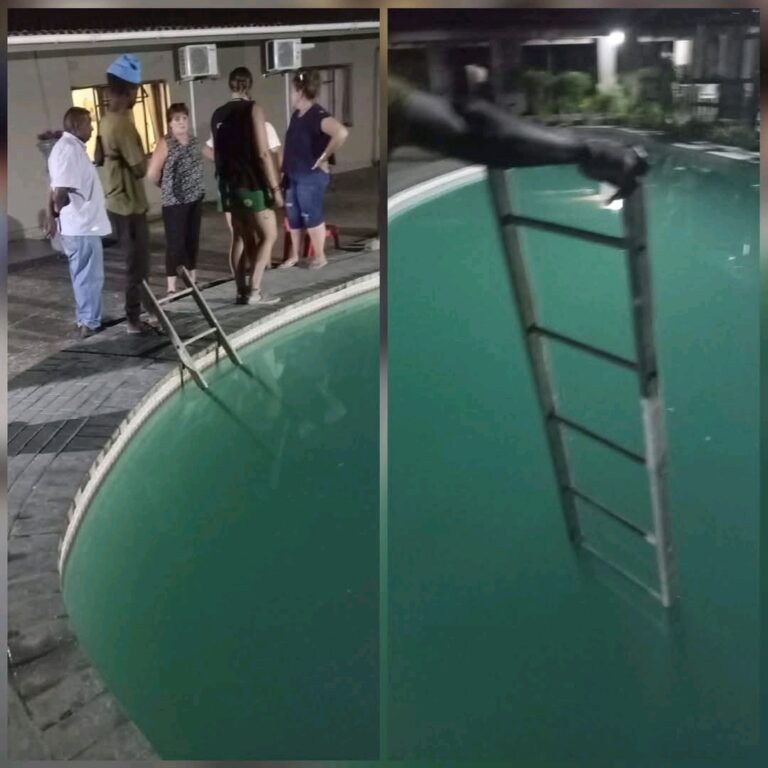
In a candid discussion on Lungelo KM’s podcast, Engineer Your Life, Tumisho Masha recently called attention to the glaring double standards in South Africa’s entertainment and justice systems. Specifically, Masha raised concerns about the lack of accountability faced by singer Kelly Khumalo, despite her being implicated in the ongoing investigation into the murder of soccer star Senzo Meyiwa.
Masha, who has had his own battles with public perception—including divorce, legal disputes over parental rights, and damaging career allegations—did not hold back. He questioned why Khumalo, who has been linked to Meyiwa’s death, continues to enjoy career success while others, like himself, face public shaming and career setbacks after being accused of similar accusations. His frustration was palpable, with the central question being: Why is Kelly Khumalo, a potential suspect in a high-profile murder case, not facing consequences?
Double Standards and Public Perception
Masha pointed out that while the investigation into Meyiwa’s murder continues, there is a growing public conversation suggesting that Khumalo may be charged. Yet, the singer still enjoys lucrative deals, endorsements, and major gigs, including appearances on television and on billboards. “Senzo Meyiwa was killed, but we do not know how. There is talk the state might charge Kelly Khumalo, yet she continues to thrive in the industry. Why is that?” Masha said. His comments highlight a significant issue—why is Khumalo seemingly untouched by the allegations surrounding her?
For Masha, this is more than just a question of one individual’s career—it reflects a broader pattern of societal hypocrisy. He noted that when someone like him is accused of wrongdoing, they face intense scrutiny and consequences. In his case, allegations were made against him, and despite being publicly exonerated, the damage to his career was irreversible. Meanwhile, Khumalo, who remains embroiled in one of South Africa’s most high-profile murder cases, continues to prosper.https://x.com/officialtwinny/status/1859202973873688591?ref_src=twsrc%5Etfw%7Ctwcamp%5Etweetembed%7Ctwterm%5E1859202973873688591%7Ctwgr%5E8d234c132b9eee3b3c07ab6f199377884ffc970a%7Ctwcon%5Es1_c10&ref_url=https%3A%2F%2Ftiemnews.co.zw%2Ftumisho-masha%2F
The Role of Cancel Culture and Celebrity Privilege
Masha’s perspective offers a sobering look at cancel culture and its uneven application. In a society where public figures are often “canceled” for allegations, the notion of fairness comes into question. Masha believes that if the roles were reversed—if Khumalo were the one facing the accusations rather than Meyiwa—the outcome would likely be very different. “If it were Kelly Khumalo facing these allegations, the narrative would be completely different, and she might not have the opportunities she currently enjoys,” he argued.
This double standard, Masha suggests, is influenced by various factors, including celebrity status, gender, and race. Public figures often face a different set of rules when it comes to how their actions are perceived and whether they face consequences. While some individuals are quickly ostracized, others seem to escape the same fate, despite their involvement in equally serious controversies.
Rethinking Justice and Accountability
As the investigation into Meyiwa’s murder continues to unfold, Tumisho Masha’s comments shed light on a broader issue of justice and accountability in the public sphere. His personal experiences with media bias and cancel culture serve as a reminder that the rules of justice are not always applied equally. In an era where public opinion can be swayed by media portrayals, it is crucial to consider whether public figures receive fair treatment, or if celebrity status can grant a free pass when it comes to serious allegations.
Masha’s call for fairness is an invitation to reflect on the complexities of cancel culture, celebrity privilege, and the judicial system. As we continue to navigate high-profile cases like the one involving Senzo Meyiwa, it is essential to ask: Shouldn’t accountability apply to everyone, regardless of their celebrity status?







